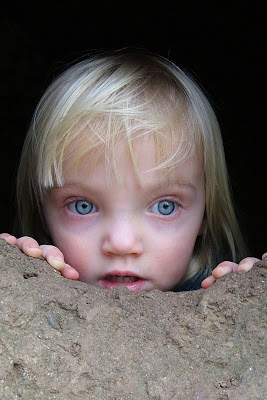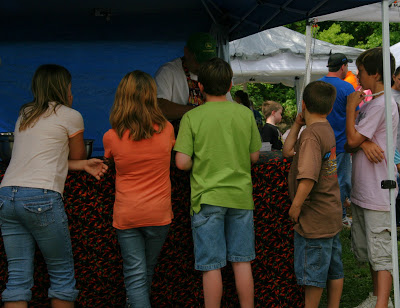Every day since K. arrived in this country at the start of second grade, I put a note in her lunch bag. When her English and her literacy were still limited, these notes consisted of pretty simple statements. “I love you, love Mommy,” or “You are a good girl, love Mommy,” or “Do your best, love Mommy,” were in frequent rotation in big, legible printing. As her reading improved the notes got a little more complex: “Work hard and have fun in school, love Mommy” or “Play fair with your friends at recess, love Mommy.”
By the end of fourth grade, her reading was catching up, and the notes became even more complicated. I printed out a business card-sized form with the following request: “Notice something special about, or do something helpful for, or say something nice to __________ today and tell me about it at dinner.” Then I’d fill in the blank with a classmate’s name. At first I put in the names of the girls in her class. The result was fascinating, because when she turned her gaze in this way to the individual girls in sequence she spent attentive time with them, which strengthened existing friendships and created new ones. She was looking for good qualities, and offering encouraging words, and sharing herself more than usual, and the other children responded with affection.
Where it became very challenging for her at 10-almost-11 was when I started putting in the names of the boys in the class. I started with the easiest boy, the goofy and cheerful one. Even so, it was a struggle for her to admit that there might be admirable qualities in the boys, so I had to fish for them. “Is he good at drawing monkeys?” “Is he a good reader?” “Does he stay in tune when you sing?” “Does he have nice manners?” “Did you ever see him help someone?” For the most part, she will reluctantly admit to one good quality per boy, although whenever I suggest she tell the boy what her observation is she’s likely to roll her eyes or grab her throat and pretend to be choking.
In fifth grade I have added other names to these lunch notes – a teacher, a random first grader, a friend’s mom or dad – and asked her to search for the good in a wider circle. The more we notice what is unique in others, the more we recognize and respect them as people with stories of their own, not just as characters in our own life story. This is what I was getting at when I wrote about how everyone is a hero. When our social courage and emotional courage are strong, we can reach out to make meaningful connections with other people. We can even make the conscious choice to step into a secondary role in someone else’s story, to act as a helper or guide or companion, and then return to our own path. My hope is that K. will find it easier and easier to offer words of praise and congratulation to the people around her as she grows up. It takes courage to encourage others, but I have confidence she can do it. Even with boys.


